Traditional Ugandan crops disappearing
I hesitated a bit to post this, but I gave in because I really like the names and descriptions of all the traditional crops, and, whatever the cause, the issue is a serious one.
However I'm a little concerned about what seems a little bit like a misunderstanding of how hybrid seed works. It's common to hear people say "you can't save seed from hybrid varieties". This is true to the extent that these varieties won't come true from seed. However, you CAN get seed from these varieties, and, despite what the story describes, they generally will germinate just fine. The resulting seedlings won't be as uniform as the previous generation, and they probably, as a group, won't be as productive, but you could save seed for generations this way without problems (and in fact, if you did, it would probably eventually homogenize into more of a landrace and become increasingly uniform).
Hybrid varieties are distinct from the so-called "terminator" technology, which actually produced non-viable seeds (and also, despite the hype, was never actually implemented commercially). In theory I suppose it would be possible to find two inbred lines which when combined yield an F1 plant incapable of producing viable seeds, but it seems pretty unlikely, since genes encouraging sterility would hopefully be bred out of the breeding program.
There is a disturbing trend to characterize modern varieties as inherently pest-prone, fertilizer-intensive, and worse-tasting. They can be all those things, but so can traditional varieties. You get what you select for. I get really sick of the tendency to talk about plant breeding as a process which makes crops into finicky, crappy tasting garbage in exchange for yield. You absolutely can create varieties which taste as good (or better) than traditional varieties, produce more, and resist pests. In fact, plant breeding is the only way to get to that.
With those caveats, enjoy the akatunda akaganda, ebigaaga and obuyindiyindi:
Disappearing delicacies (Monitor Online)
Blogged with the Flock Browser
Labels: Africa, breeding, heirloom varieties, news


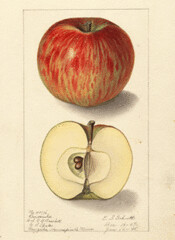
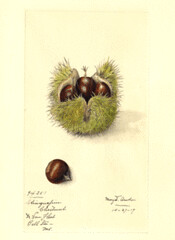
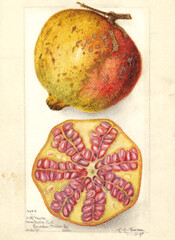
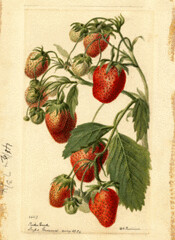
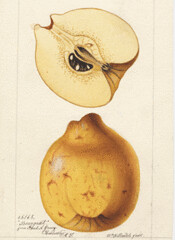



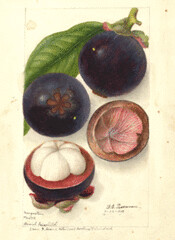
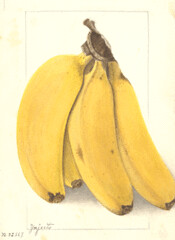

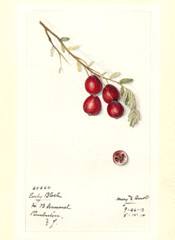
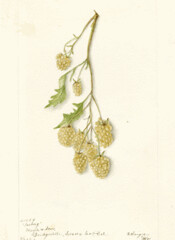
4 Comments:
Admit it. You breeders are ruining our food supply at an unprecedented rate. I want tasty tomatoes, not ones that ship for weeks.
Brandon Hurr: Yes, cut off the hand that feeds you. Plant breeders have been maintaining the food supply, and in many cases improving its flavor and nutritional value. Modern Carrots have 50% more carotenoids today than they did 50 years ago, and sweet corn is far superior today when compared to what was grown in the past. Breeders have, however, not paid attention to traits that today we are finding are increasingly important, such as flavor, nutrition, environmental impact, and there's nothing saying that you can't breed toward something better.
Of course, you could always grow a few tomatoes yourself. But before plant breeders bred tomatoes that could ship, you basically couldn't get any tomatoes in the off-season anywhere. Every off-season tomato you buy is inherently supporting the very thing that you seem to have a problem with.
I agree completely with this post.
My bad... I wish there was a sarcasm button on my keyboard. I agree with this post and what you said wholeheartedly. I was just being fecetious.
golden goose
golden goose sneakers
yeezy shoes
off white
kd shoes
curry 6 shoes
paul george shoes
moncler
golden goose
kobe shoes
Post a Comment
<< Home